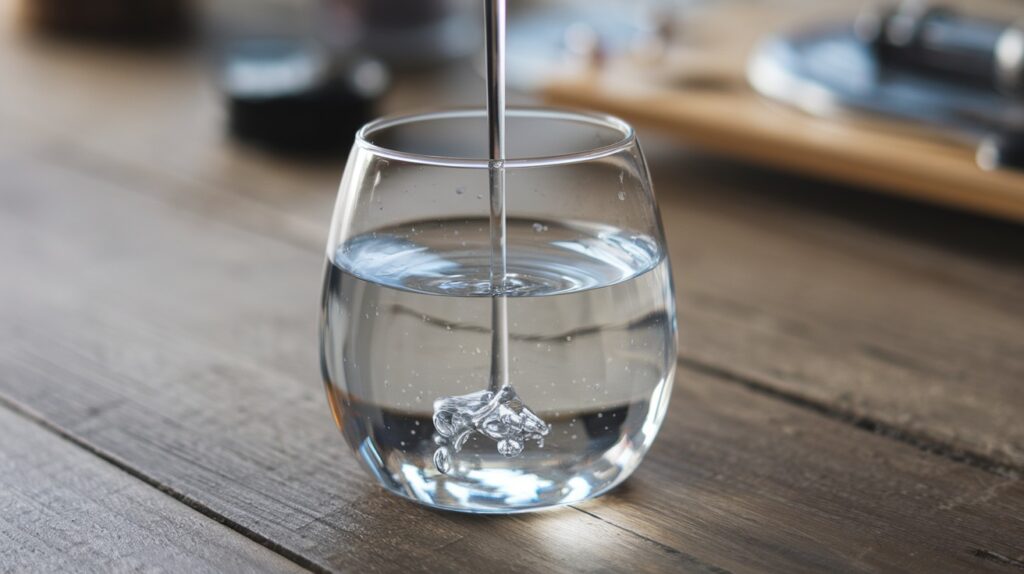Homeowners with private wells often wonder should well water be filtered and how to ensure it’s safe for everyday use. Unlike municipal water, which is treated and monitored for contaminants, well water comes directly from underground sources and can vary greatly in quality. Understanding the risks and solutions is crucial for your family’s health.
For those looking to secure clean, reliable water throughout the home, high-quality whole house well water filter systems offer an effective solution. These systems remove sediment, chemicals, and harmful microorganisms, ensuring water is safe for drinking, cooking, and other daily uses.
Understanding Well Water
Well water is sourced from underground aquifers, which collect rainfall and surface water that seeps through soil and rock layers. While this natural filtration process removes some impurities, many contaminants can still remain. The quality of your well water depends on geology, nearby land use, and the depth of your well. Seasonal changes and local construction can also impact water quality over time.
Unlike treated municipal water, unfiltered well water is not routinely tested or disinfected. Homeowners are responsible for monitoring its safety, which makes understanding how does well water get clean a vital step in protecting household health. Filtering systems are designed to remove both visible and invisible contaminants, ensuring your water is safe for all domestic uses.
Common Contaminants Found in Well Water
Well water can contain a variety of harmful substances, including bacteria, viruses, heavy metals, and chemical pollutants. Some of the most common contaminants are:
- Microorganisms: E. coli, coliform bacteria, and other pathogens can enter wells through surface runoff, failing septic systems, or wildlife.
- Minerals: Iron, manganese, and calcium can create taste, odor, and staining issues, as well as contribute to scale buildup in plumbing.
- Nitrates and Nitrites: Often originating from fertilizers or septic systems, high levels can be particularly dangerous for infants and pregnant women.
- Chemicals and Pesticides: Agricultural runoff and nearby industrial activity can introduce pesticides, herbicides, or volatile organic compounds.
Knowing the types of contaminants present in your water helps determine the best approach for how to filter well water and whether additional treatments like UV or reverse osmosis are necessary.
Signs Your Well Water Might Need Filtration
It’s not always obvious when well water requires treatment, but several indicators suggest that filtration is necessary. Taste and odor changes, such as a metallic or sulfur-like smell, can signal mineral or bacterial contamination. Cloudy or discolored water may indicate sediment or rust in your plumbing. Staining on sinks, faucets, or laundry is another visible sign that minerals are present in your water.
Health symptoms can also be a warning. Stomach upset, skin irritation, or unusual odors after showering might be linked to bacteria or chemical pollutants in unfiltered well water. Regular water testing combined with observation helps homeowners determine the right timing and type of filtration. These signs highlight the importance of filtering well water for drinking to maintain both safety and comfort.
Health and Home Impacts of Unfiltered Well Water
Drinking and using untreated well water carries several risks. Can you filter well water to drink safely? Without proper filtration, unfiltered water may expose your family to harmful bacteria, heavy metals, and chemical residues, which can cause gastrointestinal issues, skin irritation, or long-term health effects.
Beyond health concerns, unfiltered water affects your home. Minerals like iron and calcium can create scale buildup in pipes, reducing water flow and increasing energy costs. Staining from manganese or iron can ruin laundry and fixtures, and foul odors can make everyday tasks unpleasant. Even small amounts of bacteria can form biofilms in plumbing, which may be difficult to remove once established. Proper filtration protects both household health and infrastructure, ensuring water is safe for drinking, cooking, and cleaning.
Benefits of Filtering Well Water
Installing a well water filtration system brings a range of advantages that enhance both health and daily living. Clean, filtered water reduces the presence of bacteria, sediments, and harmful chemicals, supporting overall wellness and promoting better hydration.
Filtered water improves cooking results by preserving the natural flavors of ingredients and preventing scale or residue buildup in appliances such as kettles and coffee makers. It also benefits household chores and personal care, as softer, purified water is gentler on skin, hair, and clothing.
For families, having a reliable filtration system provides peace of mind, knowing that every faucet delivers safe and consistent water. Advanced home systems can tackle multiple water quality concerns simultaneously, making them an efficient and long-term solution for maintaining household safety and comfort. Investing in a comprehensivewhole house well water filter system ensures clean water throughout the home for drinking, cooking, bathing, and other daily needs.
Filtering well water isn’t just about taste—it’s about protecting health, preserving home systems, and enjoying the practical advantages of high-quality water. Learning how to filter well water correctly and installing the right system ensures that every drop in your home contributes to well-being and comfort, making it a worthwhile investment for any household relying on private well sources.

